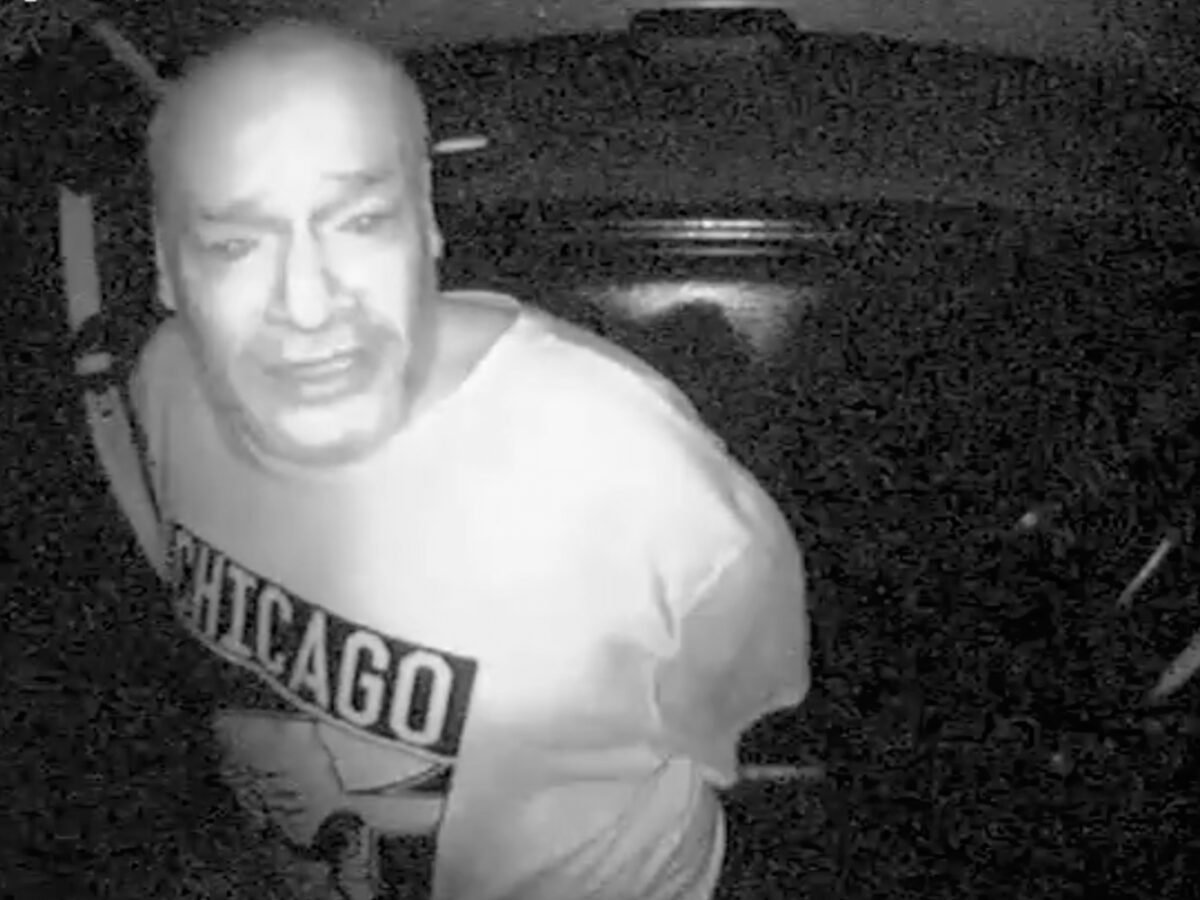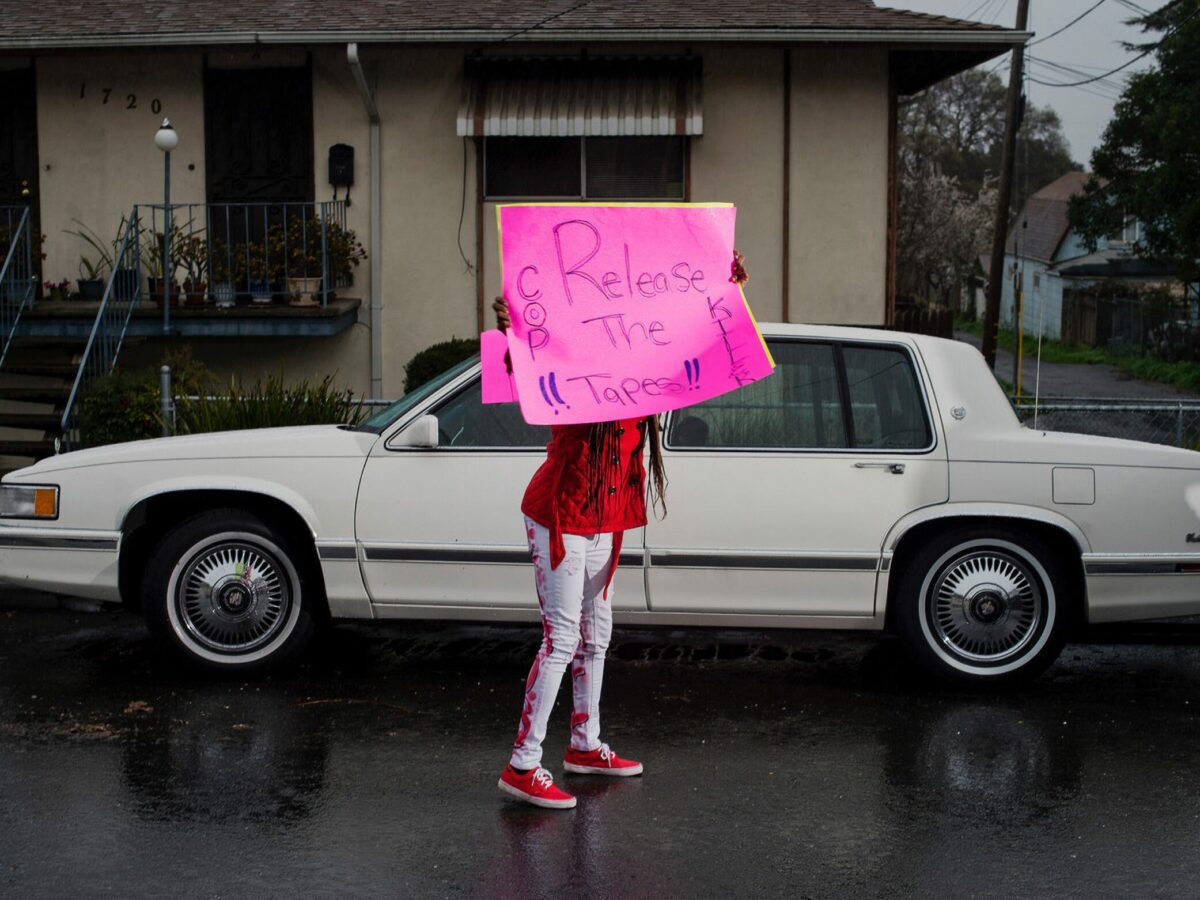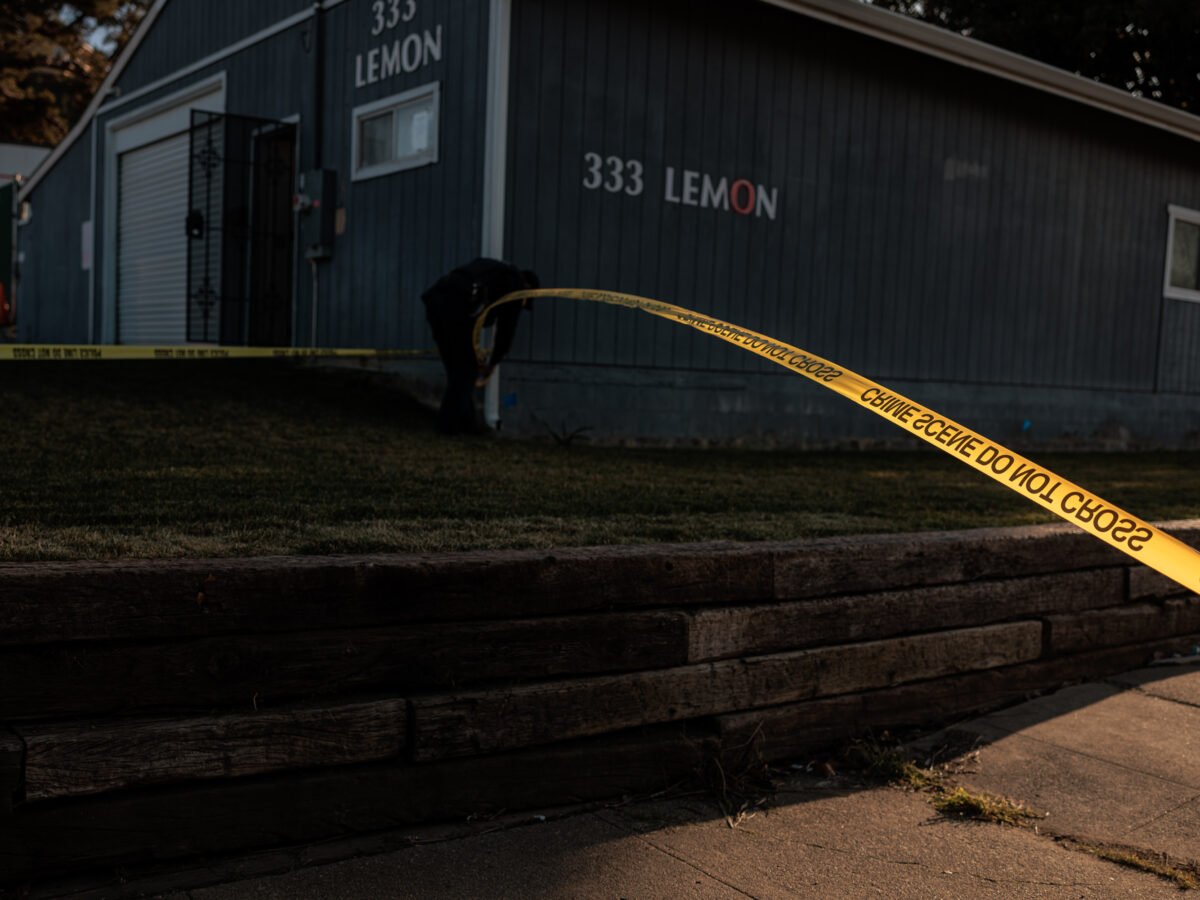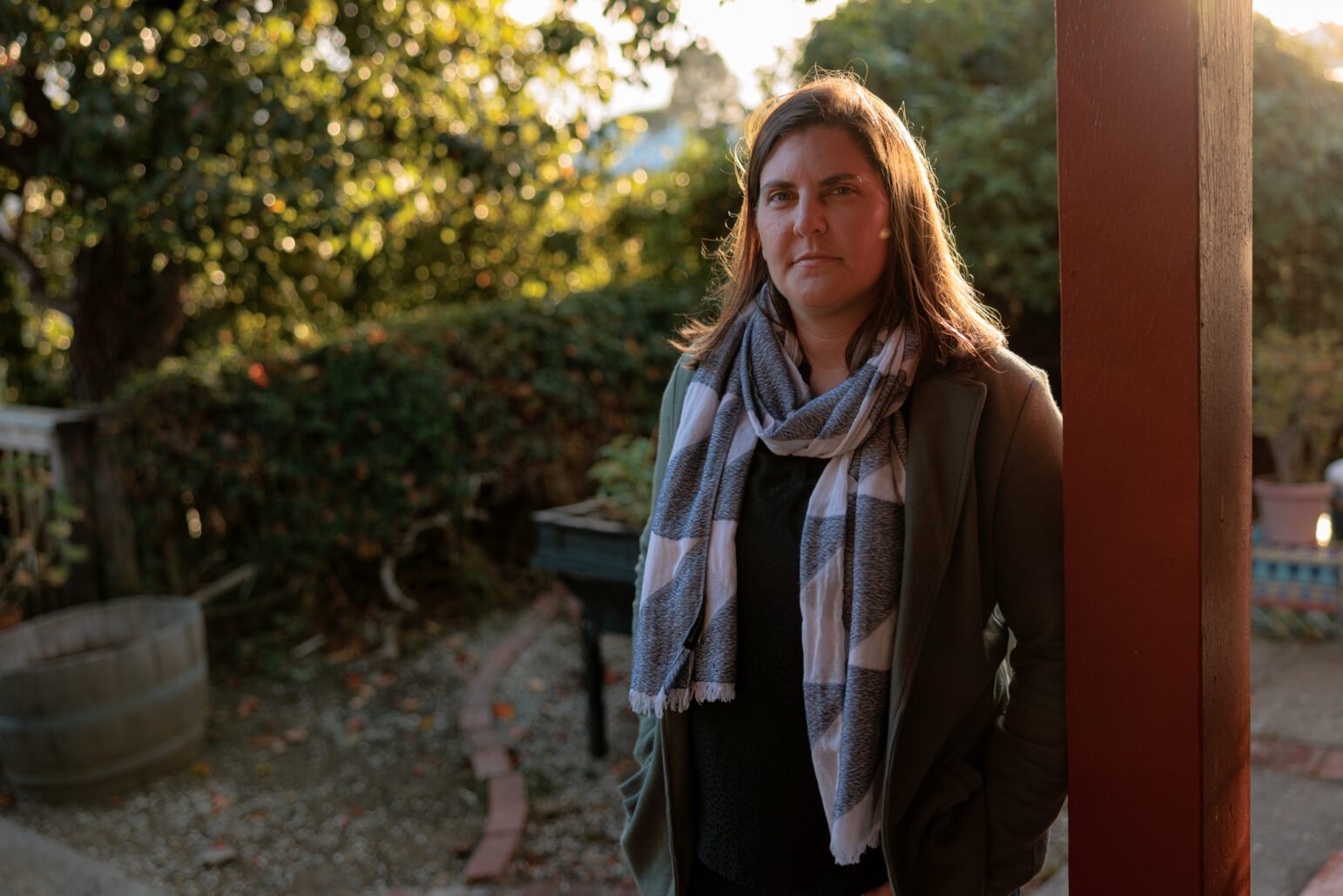
This month, Vallejo residents elected Andrea Sorce as their next mayor. The political newcomer will now face the challenge of delivering on a key campaign promise: bringing cultural change to a city government long plagued by allegations of corruption.
“I see a beautiful city with amazing people and a government that’s just mismanaged and failing us,” Sorce told Open Vallejo last week in her first interview since Election Day. “Now, I’m able to be in a position to change that, and it feels great.”
Sorce won the election by a razor-thin margin, according to the latest election results released by the Solano County Registrar of Voters. She captured 39 percent of the city’s 42,516 votes, beating out former Vallejo city council member Pippin Dew by 358 ballots. Dew conceded the race two days after Election Day. In a statement, she wished the mayor-elect success and urged the community to “come together in support of our path forward.”
Sorce will replace Mayor Robert McConnell, whose term expires in January 2025, as head of the Vallejo City Council. Three other newly elected council members will join her: Alexander Matias from District 1; Tonia Lediju from District 3; and Helen-Marie “Cookie” Gordon, who beat incumbent Tina Arriola to represent District 6.
The mayor-elect’s immediate proposals include commissioning an independent forensic audit of city finances, which Sorce said she will make public; launching an interagency law enforcement task force to address issues such as human trafficking and gun violence; and convening a working group on homelessness to consider solutions such as a safe parking zone for unhoused residents. A majority of the seven-member city council would have to approve such plans.
Sorce, a Vallejo resident and advocate, teaches economics at Diablo Valley College and chairs the city’s Surveillance Advisory Board. She co-founded a local chapter of the American Civil Liberties Union. Her husband, Slater Matzke, is a former Vallejo employee and one of three plaintiffs who recently settled a $3 million whistleblower lawsuit against the city. The mayoral race became heated earlier this year when a member of Dew’s campaign team allegedly assaulted Matzke at a neighborhood event.
As mayor, Sorce said she hopes to create a culture of transparency, inclusiveness, and accountability in a city where she said the opposite has long been the norm. Sorce pointed to the city’s failure to ensure representation from Vallejo’s Black community in the police chief interview process in September as a recent example of a “pattern of mismanagement and lack of accountability across all issues.”
In Vallejo, the mayor is a voting member of the city council who presides over meetings and serves as the head of city government for ceremonial purposes. Under the council-manager form of government, the city council appoints a city manager, who is responsible for drafting a budget, appointing department heads, and running the city’s day-to-day operations.
“I hear a lot of folks want to say how little power the mayor has, and I disagree. I think the mayor has a lot of power, and I think one of the powers is a culture carrier,” Sorce said. “I know it doesn’t sound as tangible to people that are concerned with certain issues, but I think it’s necessary to make any progress on those issues.”
Sorce said public safety is a top priority of her administration. City Manager Andrew Murray is expected to name a permanent police chief in November; he will choose from three finalists, including Vallejo’s interim chief, Jason Ta. The new chief will lead a department undergoing a years-long policing reform effort overseen by the California Department of Justice, which earlier this year settled a lawsuit that it brought against Vallejo based on an alleged “pattern and practice of excessive and unreasonable force.” Meanwhile, a severe shortage of officers in Vallejo has translated to staggering delays in police service for many residents.
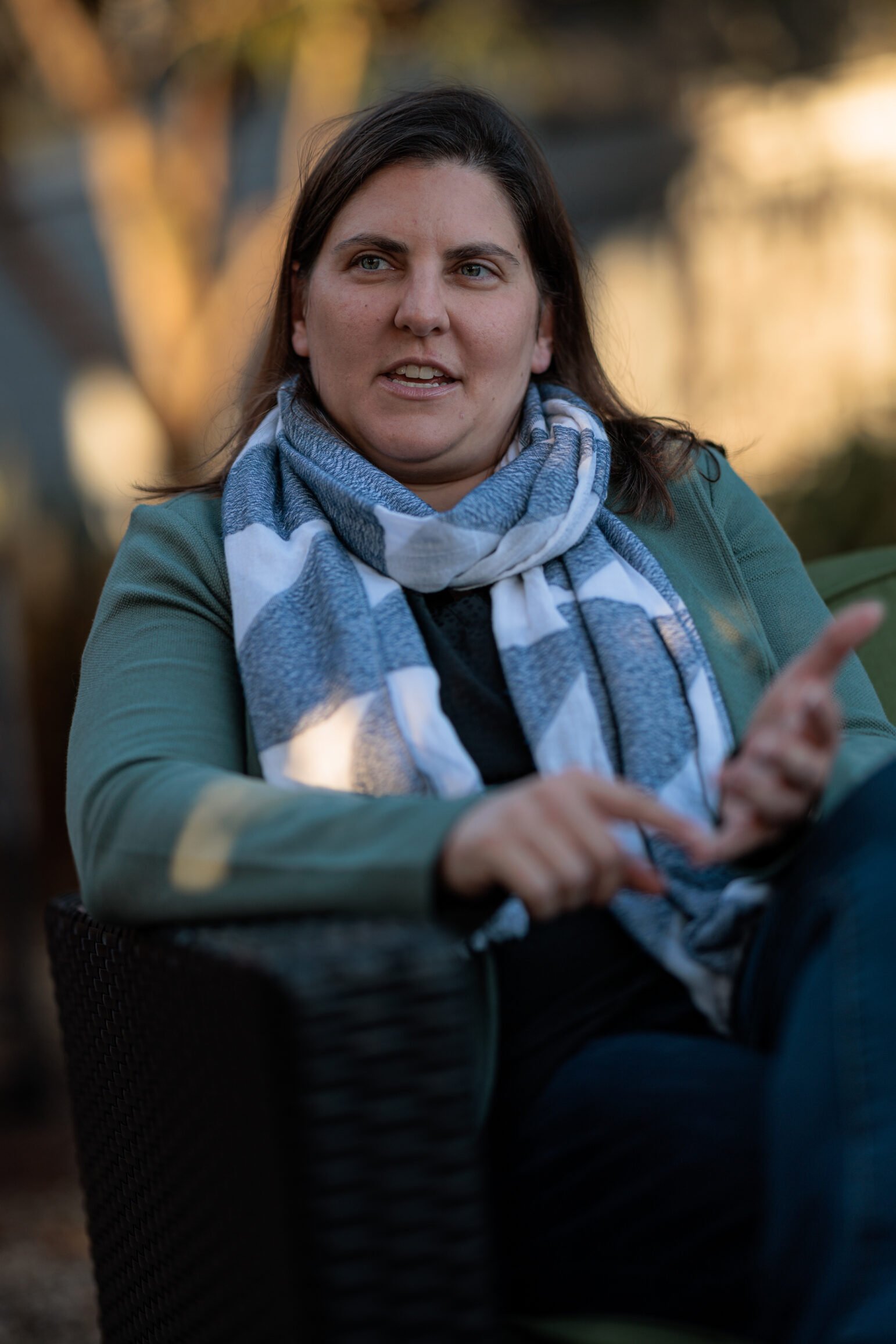
Sorce described a two-fold approach to tackling the city’s public safety issues: implementing reforms while increasing the number of officers through recruitment and partnerships with local and state agencies. Sorce said she believes the low staffing is rooted in the department’s history of misconduct, which has tarnished its reputation and made it difficult to recruit strong candidates.
“You have to send a signal of reform. Get a new chief in that everybody can be excited about, make those really meaningful efforts to change, really show the community that we’re changing, and then recruit people into that vision,” Sorce said.
In the meantime, Sorce said she will help facilitate conversations with the Solano County Sheriff’s Office, California Governor’s Office, and other agencies to help solve the staffing crisis in the short term. She hopes to be a source of support for the new chief and wants to be involved in the reform effort, although, she said, “it will take some time to formulate what that role is exactly.”
“I’m open to really diving in and prioritizing that. I think that’s one of the top things we need to be focused on,” Sorce said. “Getting out of oversight as quickly as possible, but getting out of oversight in a way that implements the reforms in a meaningful and sustainable way.”
At least one piece in the police reform process will fall immediately to Sorce as the next mayor: civilian oversight of the Vallejo Police Department. The effort has stalled for years amid pushback from the Vallejo Police Officers’ Association and the city’s delay in training board members, who were appointed in February.
In January, Sorce and the new council will review an amended version of a city ordinance passed in December 2022 that established a Police Oversight and Accountability Board.
Two civil rights organizations — the ACLU of Northern California and the Vallejo chapter of the NAACP — have raised concerns about the proposed amendments, which stemmed from the city’s meet-and-confer with Vallejo’s police union and appear to weaken the board’s power. Under the amended ordinance, for example, the oversight board could give an “opinion” to the police chief on critical incidents such as shootings, rather than issue an official “recommendation.”
Sorce said she agreed with the outgoing council’s decision to postpone a review of the issue until the newly elected members are seated. She questioned the delays in training board members and finalizing the ordinance, which she said “should have been done long before now.”
Ultimately, Sorce said she will measure her success as mayor based on residents’ trust in their government.
“Let’s take shared responsibility for what’s going on. Let’s have honest conversations,” she said. “Let’s stop lying, let’s stop gaslighting, and let’s stop making excuses.”

